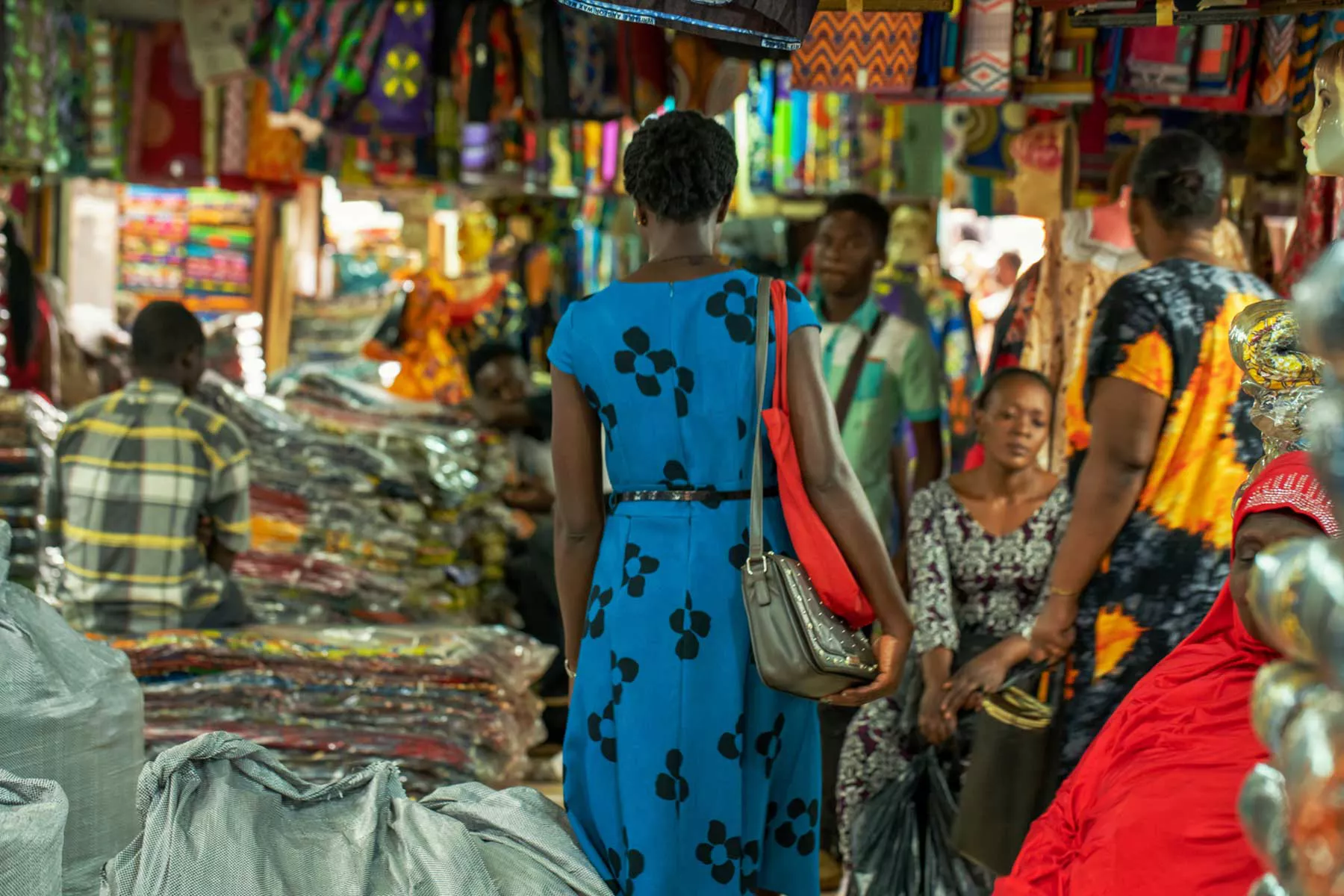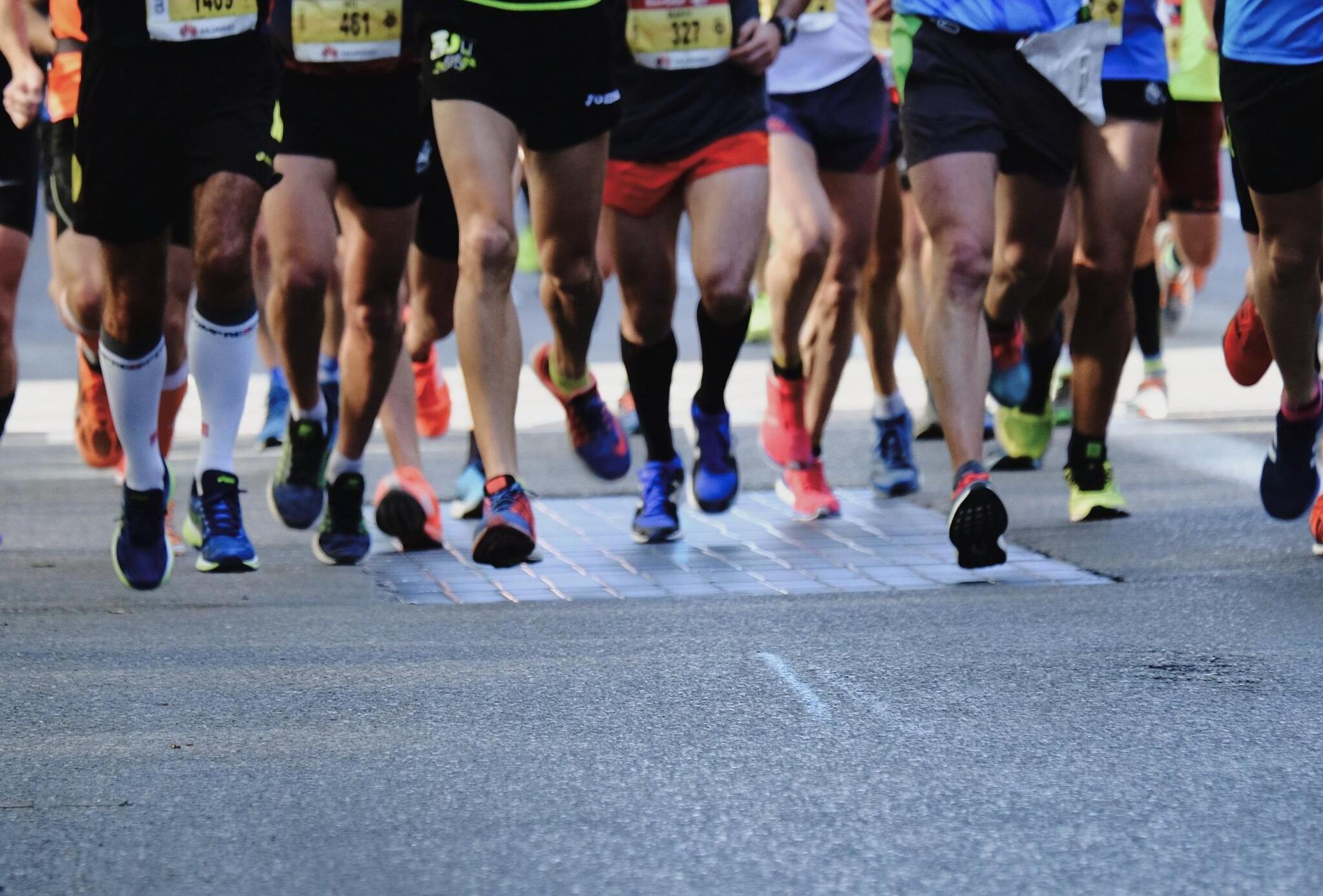Travelers can turn to these Global Vision Awards honorees to source more sustainable, responsibly made products.
The Global Vision Awards aim to identify and honor companies, individuals, destinations, and organizations that are taking strides to develop more sustainable and responsible travel products, practices, and experiences. Not only are they demonstrating thought leadership and creative problem-solving; they are taking actionable, quantifiable steps to protect communities and environments around the world. What’s more, they are inspiring their industry colleagues and travelers to do their part.
Consumers have never been more aware of their spending power — or the importance of using their hard-earned money to support retailers that align with their values. Consequently, when it comes to travel, this intentionality extends as much to what travelers pack and purchase as it does to where they choose to stay or how they choose to get there. Fortunately, these Global Vision Awards honorees are making it easy to find sustainable, responsibly manufactured essentials, including skin care, shoes, and clothing. For your next adventure, you can stock your suitcase with a cleanser that utilizes food waste (fig stones turned into an extract), sneakers made from vegan leather sourced from pineapple husks, and a variety of products from Black female entrepreneurs. These companies prove that even small purchases can have a significant impact.
Buy from a Black Woman
Six years ago, Nikki Porcher, while traveling to run a half-marathon in Florida, missed her flight and found herself at an event supporting young entrepreneurs. This unexpected moment transformed her life and inspired her to start a blog, Buy from a Black Woman, where she writes about sourcing products and services from Black female business owners. “Although there are more and more Black women founders, their annual sales are five times smaller than other women-owned businesses due to lack of support and awareness,” Porcher explains. Her blog quickly gained thousands of readers, leading to donations that supported her work, and eventually, she created a compendium of Black-woman-owned enterprises. “The list now includes 600 businesses,” Porcher notes. Last year, she partnered with H&M for the Black Women Inspire Tour, which visited 19 cities to raise awareness for Black women entrepreneurs nationwide. This year, she received a grant from Goldman Sachs’ “One Million Black Women” initiative, which invests in support for Black women. Porcher encourages everyone to “replace one item in your household — coffee, toothpaste, makeup — with a product produced by a Black woman. It can make a difference.”
Everyday Humans
You may have heard of upcycling in the context of furniture and clothing; however, what about beauty products? “What would conventionally be food waste, such as peels, fruit stones, or leaves and stems, is now being distilled into oils and extracts used as our hero ingredients,” says Everyday Humans founder Charlotte Chen Pienaar. For instance, Ease Up, the brand’s first skin-care product, features green-fig extract pressed from discarded fig stones; Resting Beach Face SPF30 consists of spinach-leaf extract; and Oh My Bod SPF50 body sunscreen incorporates cucumber and green tea. The company’s participation in the 2019 Target Takeoff accelerator program allowed it to relaunch with packaging made from post-consumer recycled plastic and biodegradable cartons. It’s now available at over 700 Target stores and online, and has been certified as Climate Neutral and cruelty-free. “We ensure our products have been vetted by our fans and customers to suit more skin types and tones,” says Chen Pienaar, highlighting the company’s approach to beta testing.
4
While traveling to Uganda in 2018, Susie Crippen, cofounder of J Brand, encountered an unexpected opportunity. After selling her stake in the denim label due to a toxic corporate culture, she was on a much-needed sabbatical. However, meeting Evelyn Habasa, the founder of Ride 4 a Woman, a nonprofit in a rural village, inspired her to launch a new fashion enterprise. Together, they established 4, an e-commerce label that sells dresses and shirts crafted with patterned kitenge fabrics. Crippen now resides in Kenya and views the business as a means for financial freedom for herself, her employees, and countless women across Africa. “This grassroots organization can serve as a blueprint for other communities,” she states. “Empowering women changes everything.”
Vuori
Sustainability has become an integral aspect of Vuori, a sportswear brand founded by Joe Kudla. “It evolved organically,” he explains, inspired by the scenic southern California lifestyle. “We live on the ocean, and to our east are the mountains, so we felt the need to protect these places.” This commitment starts with Vuori’s focus on materials; over 80% of their fabrics are organic or recycled. This includes polyester made from plastic bottles and nylon crafted from fishing nets. In an industry typically reliant on plastic packaging, Vuori has minimized or eliminated their use. The company collaborates with initiatives aimed at reducing ocean waste, and it actively explores ways to prevent damaged or returned merchandise from contributing to landfills. “By making responsible choices, we’re minimizing our impact,” Kudla concludes.
YY Nation
Jeremy Bank, while on vacation in Hawaii in 2018, witnessed his daughter collecting what he initially thought were bits of shells but turned out to be plastic — a stark reminder of environmental deterioration. This experience has shaped the mission of YY Nation, which is deeply committed to environmental consciousness. The uppers of YY Nation’s shoes are made from merino wool and pineapple husk, a typically wasted material. The outsoles incorporate materials like algae, sugarcane, and recycled rubber. To reduce manufacturing waste, the company repurposes offcuts into flooring material, and customers are invited to return shoes at the end of their lifecycle for recycling or repurposing.





